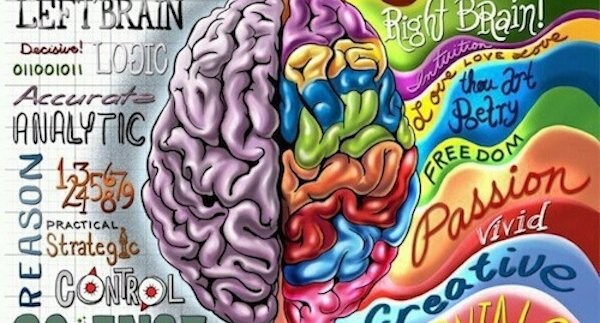Shame, often lurking in the shadows of our consciousness, is a pervasive but invisible problem that can corrode our well-being. Unlike guilt, which stems from specific actions, shame makes us feel wretched merely for being ourselves. This insidious affliction knows no bounds, infiltrating our behaviour, feelings, and self-worth. To escape its grasp, we must first recognize and name the problem. In this article, we delve into the intricacies of shame, and its origins, and explore strategies to break free from its suffocating hold.
Unmasking Shame
Shame is an emotion that festers in the depths of our psyche, making it challenging to identify. To gauge its presence, one can employ a simple self-assessment. On a scale of 1 to 10, consider how true the following statements feel:
- I don’t deserve to exist.
- I am defective.
- I am unworthy of being known and loved.
- I am a mistake.
- I deserve to be abandoned.
- I should not be.
Scores exceeding 8 may indicate the presence of shame, but many afflicted individuals would score themselves much higher. It’s a desolate landscape where shame takes residence, often without our awareness, sowing the seeds of self-loathing.
The Roots of Shame
Shame is not inherent; we are not born with it. Instead, it is nurtured by external voices that we internalize over time. Messages like “You’ll never amount to anything,” “You’re the family idiot,” or “You disgust me” seep into our consciousness and become part of our identity. These voices usually come from caregivers, not out of cruelty, but from a perceptive recognition of our flaws. Shamed children don’t blame their guardians; they protect them to avoid feeling utterly alone. Confronting the betrayal of trust is too painful, so we prefer to maintain a positive image of our caregivers.
The Impact of Shame
The consequences of shame are profound and enduring. It erects barriers that prevent others from getting too close to us, as we fear their revulsion once they uncover our true selves. Physical intimacy becomes a daunting prospect, and social gatherings feel like opportunities for rejection. We harbour a multitude of secrets, believing that most of our true selves are unacceptable to others. To numb the pain of self-hatred, we may turn to addictive behaviours, which in turn fuel our shame.
Escaping the Clutches of Shame
Conventional wisdom suggests countering shame by affirming our beauty and goodness. However, this direct approach often falls short. Instead, consider a more indirect strategy: accepting radical imperfection as a universal truth. Understand that every human being, up close, is flawed and broken in their unique ways. Embrace the idea that being wrong, perverted, and uncouth is part of the human condition. Abandon the pursuit of unattainable ideals of purity and goodness.
Embracing Imperfection
The key to liberating ourselves from shame lies in relinquishing the pursuit of perfectionism and adopting a compassionate perspective. Let us stop imposing unrealistic standards upon ourselves and others. Instead, let us acknowledge our shared absurdity and the inherent challenges of human existence. The primary error of those who instilled shame in us was not recognizing our flaws but failing to acknowledge their own imperfections. By rejecting fascistic perfectionism and embracing the reality of our cracked selves, we can pave the way towards a healthier relationship with ourselves and our collective humanity.
In conclusion, shame, though insidious, can be overcome through self-awareness, self-acceptance, and a compassionate view of human imperfection. By recognizing its presence, understanding its origins, and letting go of unrealistic standards, we can break free from the suffocating grip of shame and embark on a journey towards self-compassion and healing.
Related posts:
 How and why children who have experienced trauma may find it more difficult to regulate their emotions and behaviours than other children
How and why children who have experienced trauma may find it more difficult to regulate their emotions and behaviours than other children
 The Science of Integration: Understanding Harmony in Relationships and the Brain
The Science of Integration: Understanding Harmony in Relationships and the Brain
 The Power of Interoceptive Awareness in Healing
The Power of Interoceptive Awareness in Healing
 Understanding Therapeutic Parenting: A Comprehensive Guide
Understanding Therapeutic Parenting: A Comprehensive Guide



